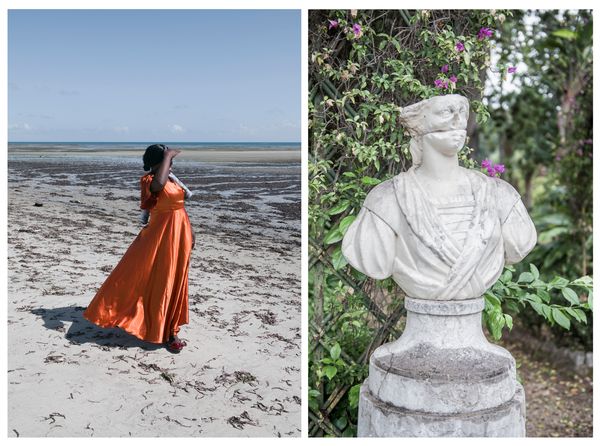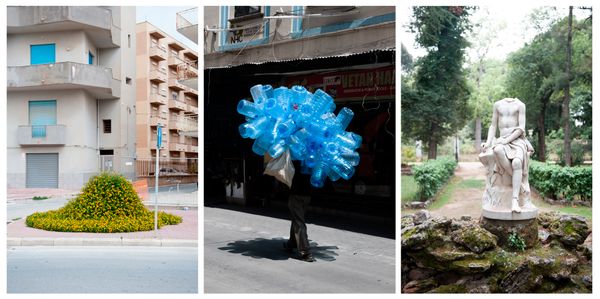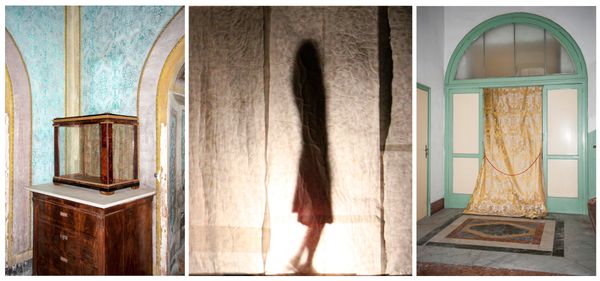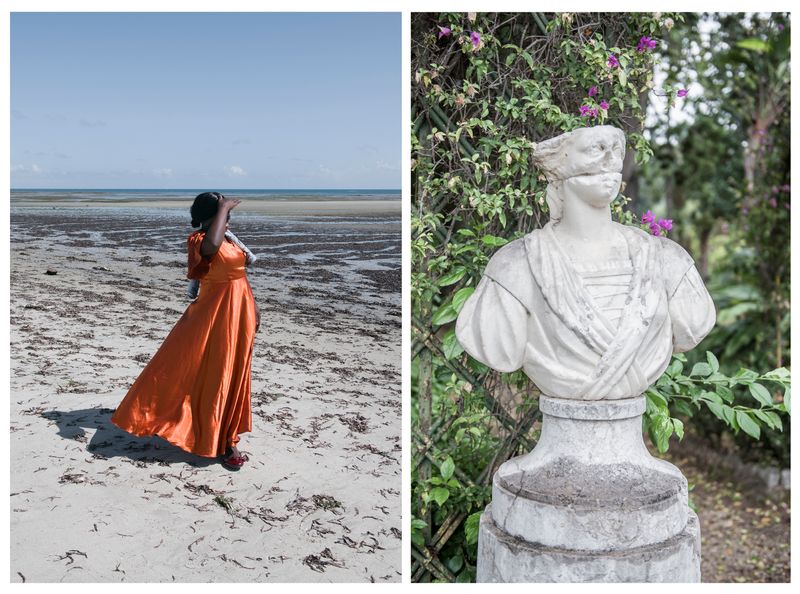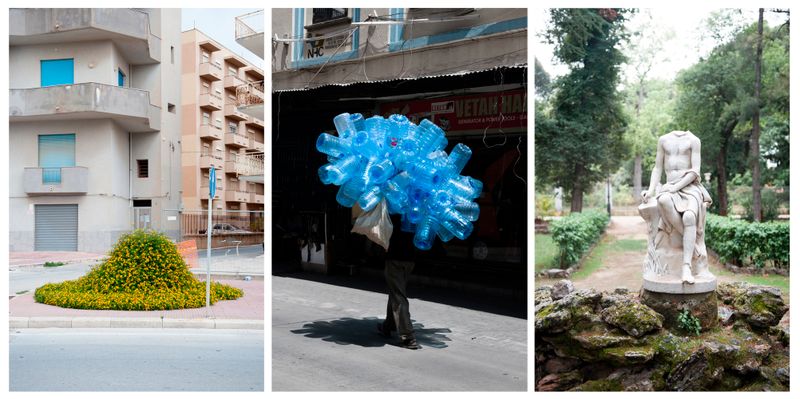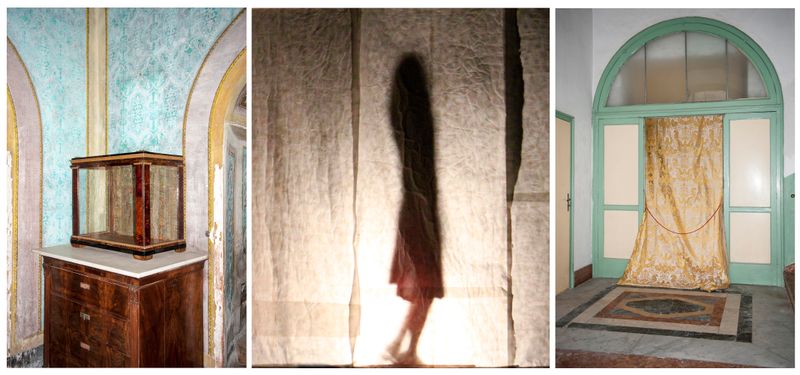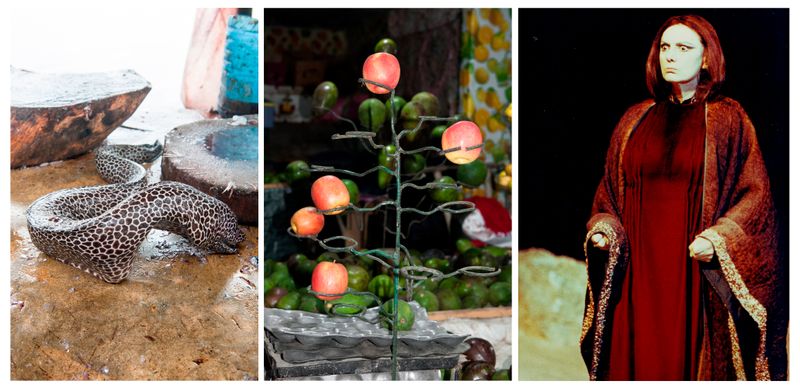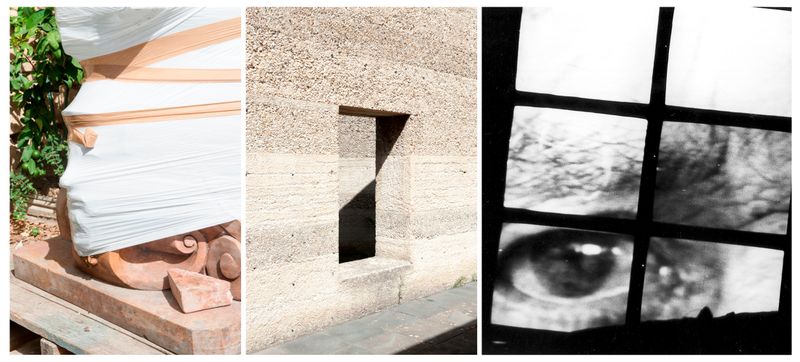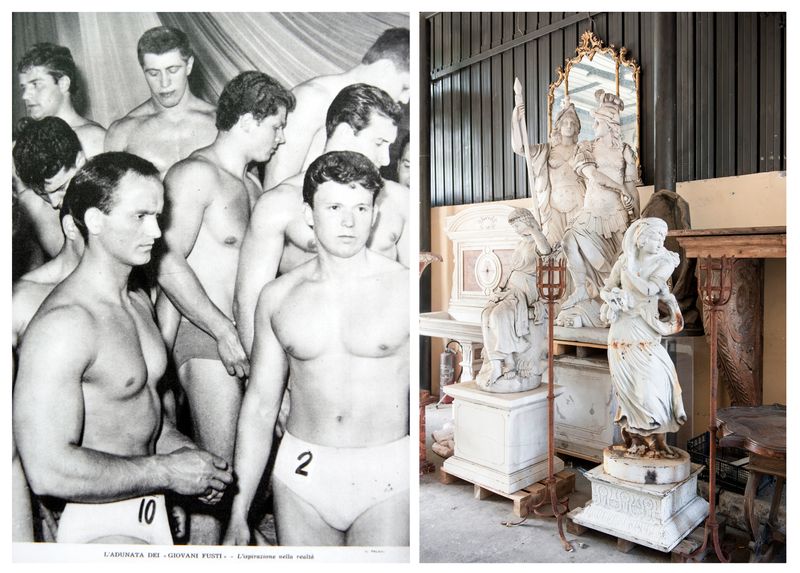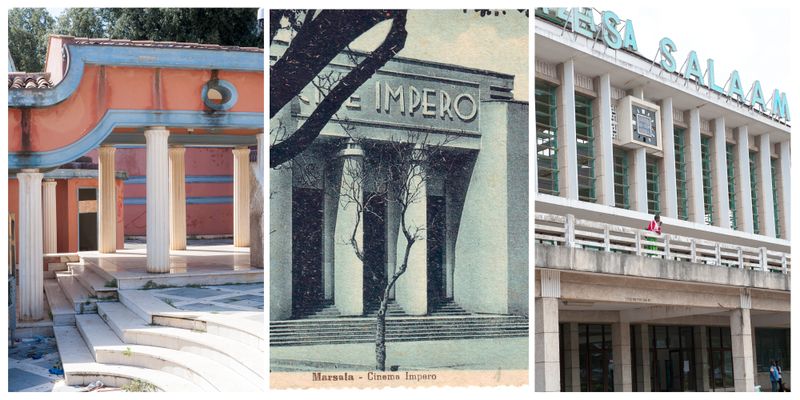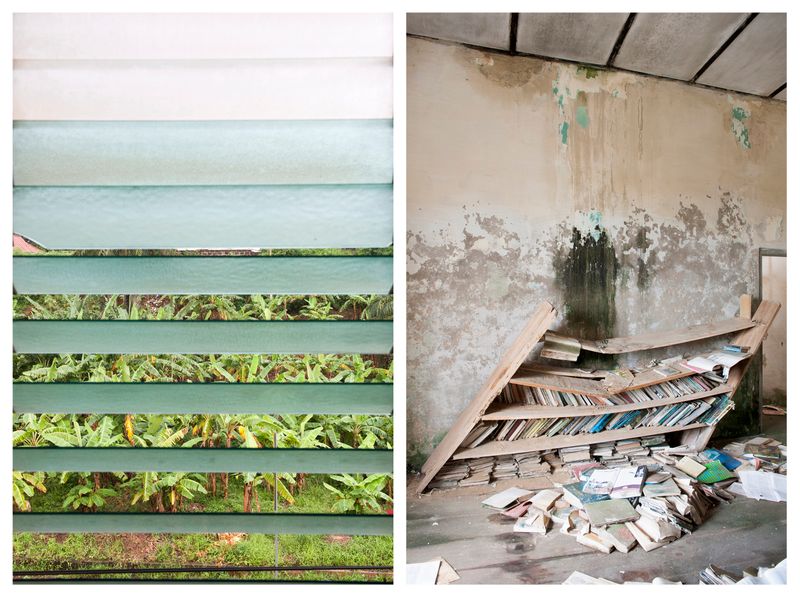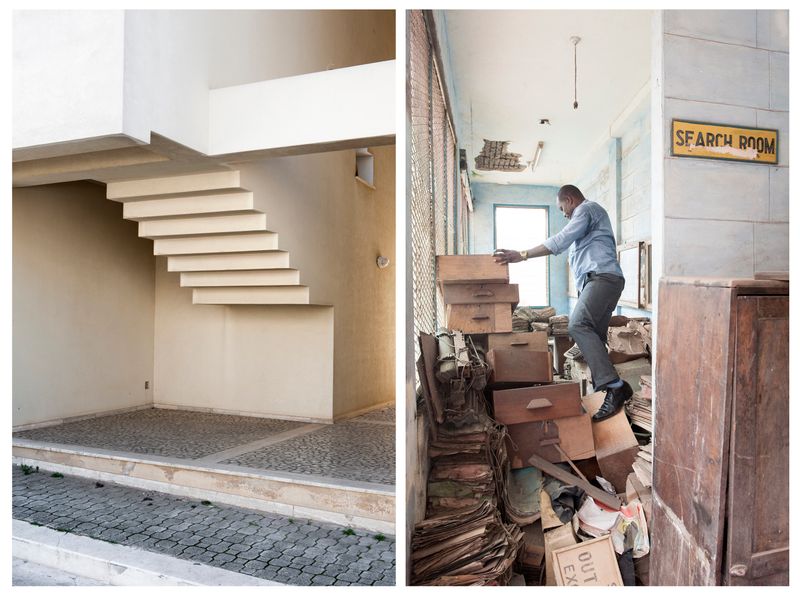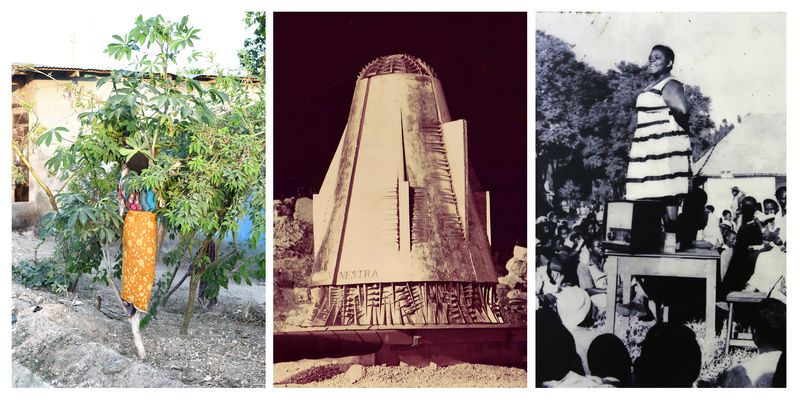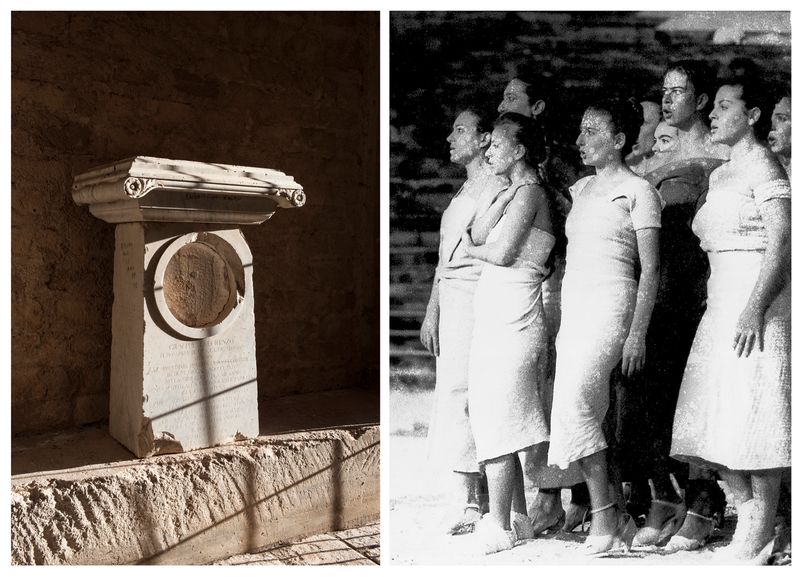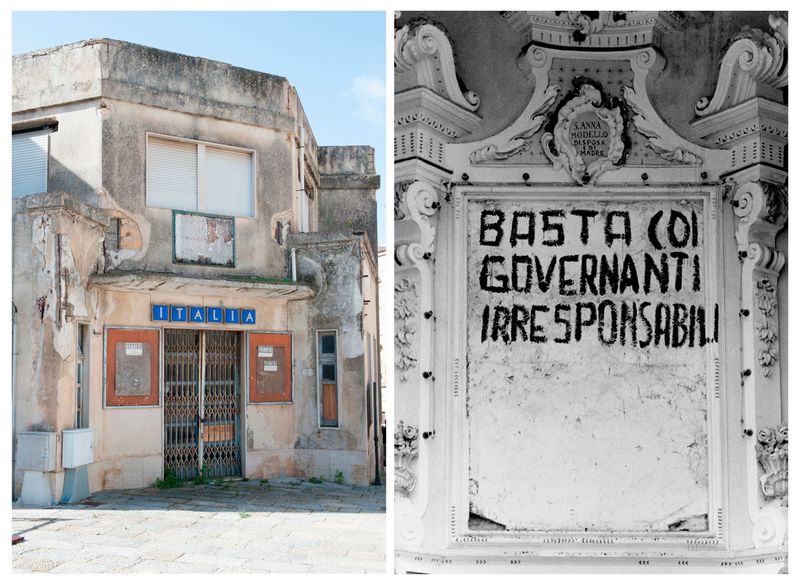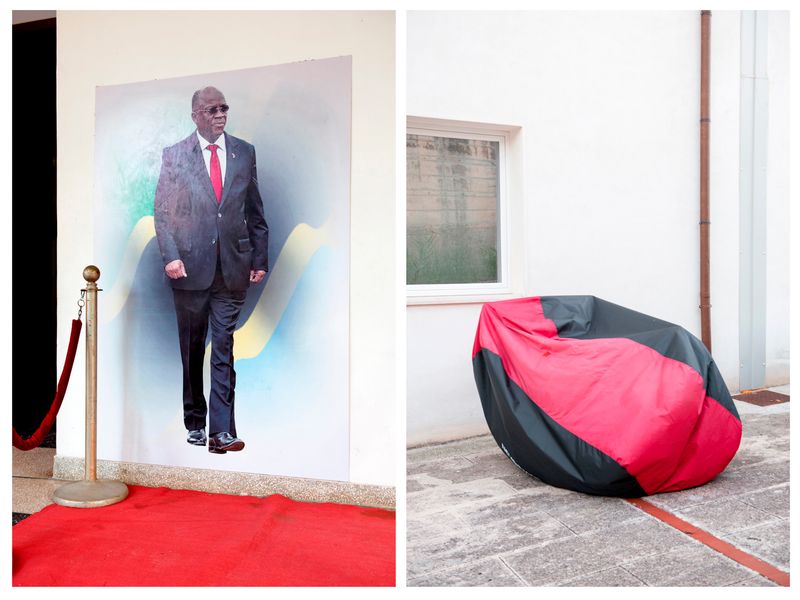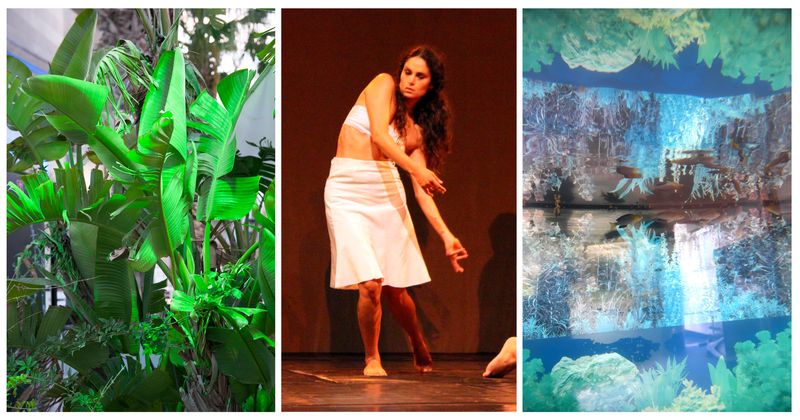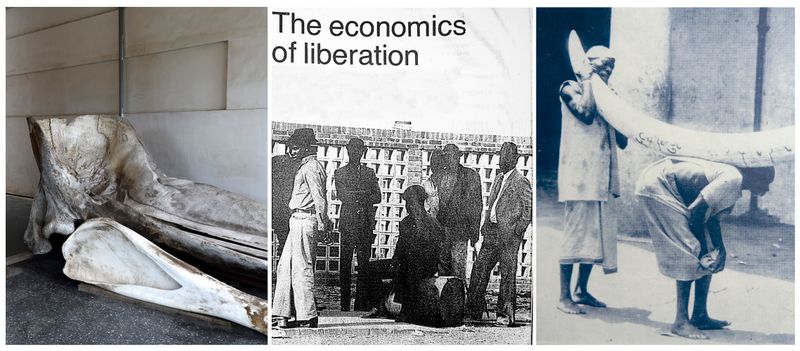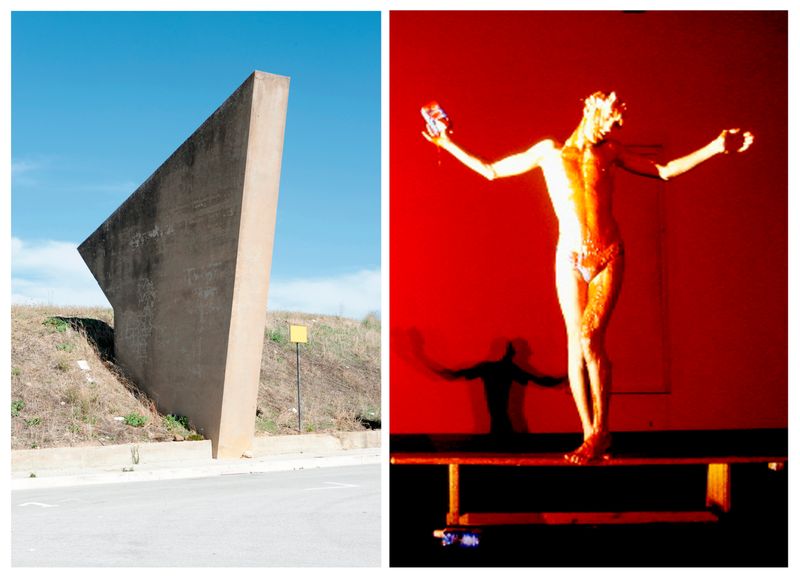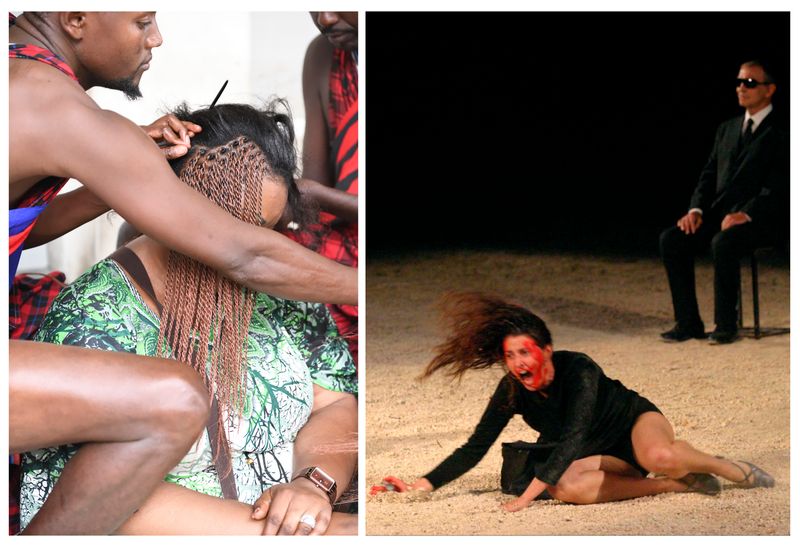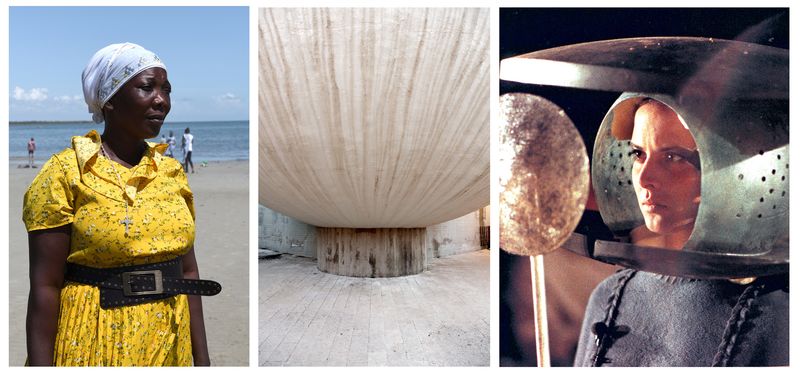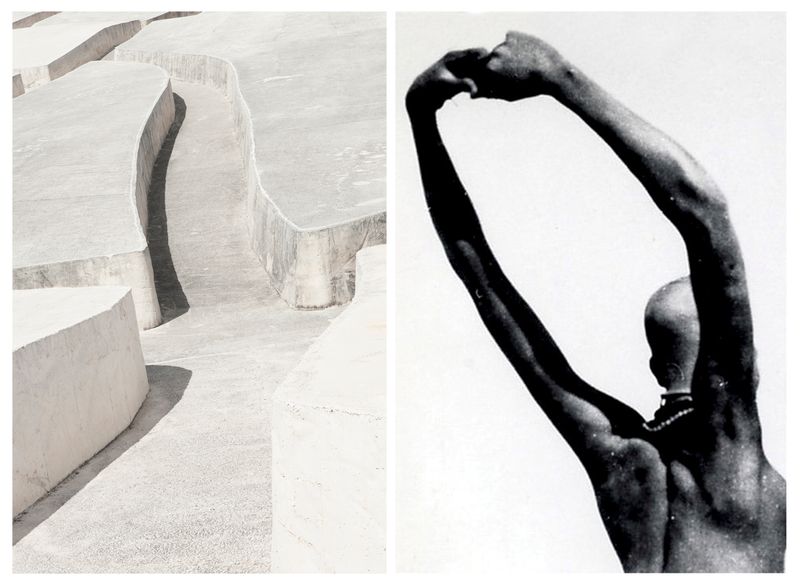Appunti per un Orestiade Africana - A Democracy in Fatigue
-
Dates2022 - Ongoing
-
Author
- Topics Archive, Documentary
-
Recognition
Pasolini in his pseudo-documentary ‘Appunti per un Orestiade Africane’(1970) radicalises an aesthetic of the unfinished characterised by the desire to cross metadiscourse, political thought and aesthetic experimentation.
This generated a political essay on the invention of freedom and a reflection on the post-colonial condition of the newly independent African countries. Faced with the young African nations, described as economically and culturally hesitant between the inspiration of Maoist China and the temptations of Anglo-Saxon capitalism, the film is a sketchbook looking for "surviving forms" (in the sense of Aby Warburg's iconology), while also giving an account of their efforts to erect their own democratic systems. But Pasolini incurs in a paternalistic, ethnocentric vision: Africa is mistaken for a homogeneous reality, as a unitary whole and not as a continent of multiple cultures; democracy is tacitly presented as the Western model that suits African states best and which they should simply accept. Errors that Pasolini himself will recognise by integrating into the film a sequence of the debate organised at the University of Rome between the filmmaker and a group of African students. The use of a European text to discuss African History is questioned. In the form of a "shared anthropology", and in a sincere debate, the students don't fail to strongly criticise the preconceived ideas of the "white man" that are highlighted in the work sequences viewed.
Aeschylus' ‘Orestiade’, -which describes a cycle of deaths, bloodthirsty and family vendettas, brought to an end by the arrival of the conciliatory justice of Pallas Athena, thus ideally creating the first democratic tribunal in history- is performed in Gibellina (Sicily) in the magical, dreamlike Cretto di Burri, a place that commemorates and materialises trauma and pain, the violence exercised against the land, the people.
Memory, violence, postmodern metropolis, earthquakes, pseudo-democracy, war, knowledge making, imaginary, stereotypes.
The danger of the single story.
Pasolini, Aeschylus' Oresiata, Cretto di Burri, Gibellina, Dar Es Salaam, ...all intertwined in this project for reflection on - once again in my artistic productive trajectory - the creation of knowledge, the universalisation of the hegemonic discourses of the West, the invention of freedom, the violence exercised to the land and to both collective and individual memory,
Is the concept of democracy universal?
Inspired by the process of analytical (self-)critique that emerges in Pasolini's film when he dialogues with students, I reflect on the postcolonial gaze/power relations that are in effervescence in cultural institutions, mainly museums.
This project was developed during my artist residency in Gibellina (Sicily) at the invitation of the Fondazione Orestiade and the Gibellina Photoroad Festival, from which many of the archive images are taken. As a point of inspiration Pasolini's film, looking for references in my trips to Tanzania.
Formally it consists of triptychs and diptychs, and lay outs is planned with different sizes.
